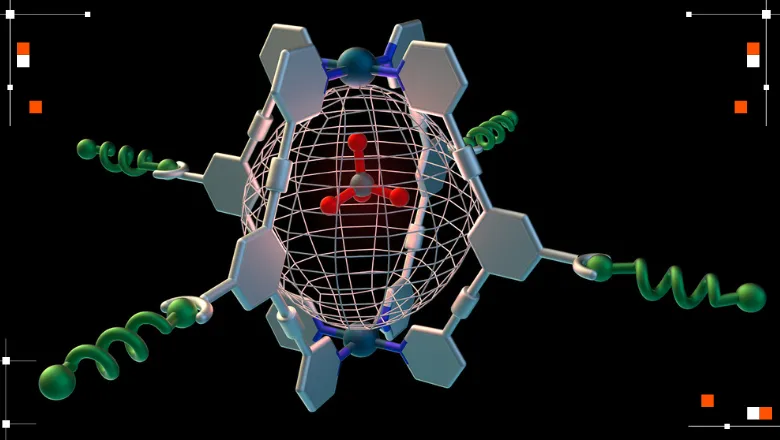We are developing a whole new strategy to try and move the dial for patients that are unfortunately diagnosed with aggressive cancer types that currently have a very poor prognosis. Whilst most of us associate radioactivity with danger, here we are harnessing its unique properties to kill cancer cells.
Reader of Molecular Imaging, Wellcome Trust Senior Research Fellow, and King’s College London research project lead, Dr Tim Witney.
29 May 2024
Fighting Cancer with SMARTdrugs
King’s College London researchers are part of an international team working to develop SMARTdrugs, a radiotheranostic platform specifically designed for the diagnosis and treatment of aggressive cancers such as lung and brain tumours.

The research project, led by researchers from King’s College London, with partners in Munich, Zurich, San Sebastian and Utrecht, has been awarded a Pathfinder Open Grant from the European Innovation Council (EIC) of nearly 4 million euros.
For oncologists, it’s important to recognise the size and location of cancerous tumours to choose the best treatment option for a patient, and to follow the treatment over time to see if it is working.
Tumours can be visualized using radiotracers. Here, a radionuclide, which is a radioactive isotope of an element, is attached to a molecule that recognises the cancer cells with high accuracy. Such radioactive drug molecules allow clinicians to see key signatures of tumours using state-of-the-art medical imaging systems.
Instead of attaching radionuclides directly to drug molecules, researchers will create ‘supramolecular compounds’ with greater control over the size, shape and other biochemical properties than other big molecules like proteins. These characteristics determine how well the new compounds perform in human tissue.
Research conducted by the team of Tim Witney, molecular imaging specialist within the School of Biomedical Engineering & Imaging Sciences, will explore how the new drugs can improve the treatment of lung cancer in research.

